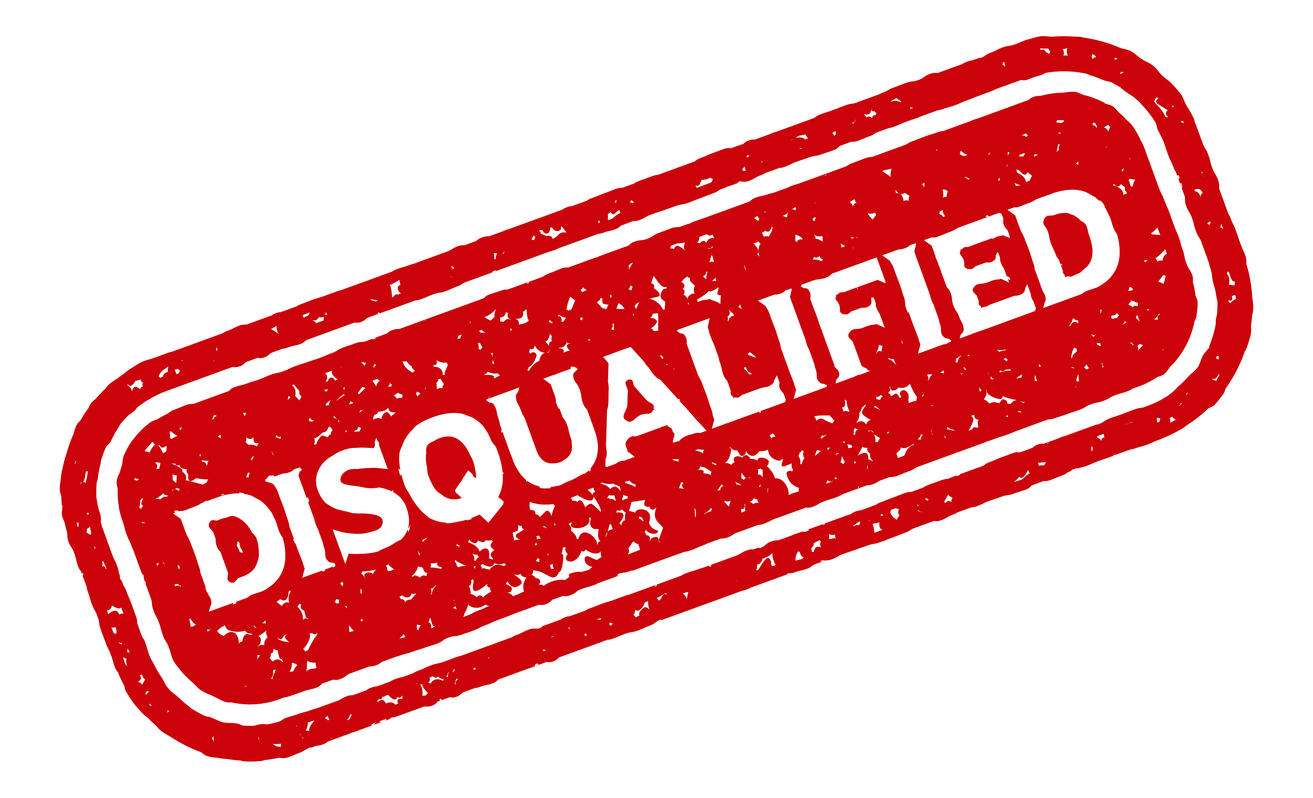When people think of prompt payment laws, they tend to believe those laws were put in place to punish “bad” insurance companies that needlessly delayed paying claims. However, the Texas Court of Appeals for the Fort Worth District has a different opinion: those laws exist not to punish the insurer, but to ensure that the policyholder gets paid in a timely manner.
In Guideone Lloyds Ins. Co. v. First Baptist Church of Bedford, the policyholder filed a lawsuit against the insurer in connection with the insurer’s handling of policyholders’ hail damage claims. However, prior to ruling on the merits, the Texas Court of Appeals had some choice words to say regarding prompt payment laws:
[T]he purpose of article 21.55 is to obtain prompt payment of claims pursuant to policies of insurance, and its provisions are to be liberally construed to promote this purpose.
In other words, these laws are in place not to punish insurance companies, but to ensure that policyholders “obtain prompt payment,” per their policies.
The Court even laid out what a policyholder must do to prove that his/her insurance company has failed to meet its prompt payment obligations.
[T]o successfully maintain a claim under section 6, a party must establish (1) a claim under an insurance policy, (2) that the insurer is liable for the claim, and (3) that the insurer has failed to follow one or more sections of article with respect to the claim. [Citations omitted]
Oftentimes, people in my industry demonize insurance companies. However, we should be careful not to judge every insurance company based on a particular company’s faults because every insurance company handles claims a little differently. By putting prompt payment and other bad faith laws in place, I believe the Texas legislature did not intend to punish “bad” insurance companies; rather, their intention was to protect policyholders. I, for one, understand and appreciate this position, but I also understand that, in order to protect my clients’ interests, I must use these laws to pursue extra-contractual damages. Unfortunately, sometimes that is the only way insurance companies will give my clients the proper attention they deserve.



